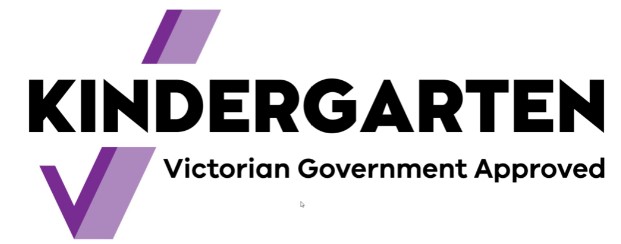Teaching Kindergarteners to Read: Strategies for Success
10 July 2023Teaching kindergarteners to read is fundamental to a child’s learning journey. As educators and parents, it is essential to provide kindergarteners with effective strategies to develop their reading abilities. In this blog post, we will explore strategies for teaching kindergarteners to read, focusing on building phonemic awareness, fostering a love for reading, and creating a supportive learning environment. Discover how Gower Street Kindergarten can be your partner in nurturing young readers and preparing them for a lifelong love of learning.
Building Phonemic Awareness
Phonemic awareness is the ability to identify and manipulate individual sounds in spoken words, and it is a critical precursor to reading success. Kindergarten teachers can employ various strategies to develop phonemic awareness skills in their students:
• Phonics Instruction: Introduce letter-sound relationships through systematic phonics instruction, teaching children how to associate letters with their corresponding sounds.
• Rhyming and Alliteration Activities: Engage kindergarteners in activities that involve recognising and producing rhyming words or identifying words with the same initial sound. This helps them develop their ability to hear and manipulate sounds.
• Sound Segmentation: Encourage students to break words into individual sounds or syllables, allowing them to focus on the phonemic structure of words.
Fostering a Love for Reading
Instilling a love for reading is key to nurturing proficient and enthusiastic readers. Here are strategies to foster a love for reading in kindergarteners:
• Read Aloud: Read engaging and age-appropriate books aloud to the children, using expressive voices and incorporating discussions about the story. This helps develop their listening comprehension and builds a positive association with reading.
• Create a Print-Rich Environment: Surround the classroom or home with print materials such as books, labels, and charts, encouraging children to explore and interact with written language independently.
• Incorporate Literacy into Daily Activities: Integrate reading and writing into daily routines, such as writing shopping lists together or creating a class newsletter. This helps children understand the practical applications of reading and writing.
Creating a Supportive Learning Environment
A supportive learning environment plays a crucial role in promoting reading success. Consider the following strategies:
• Individualised Instruction: Recognise that each child has unique learning needs and provide differentiated instruction accordingly. Offer a range of reading materials at different levels to accommodate diverse reading abilities.
• Engaging Activities: Incorporate hands-on and interactive activities, such as word games, storytelling, and guided reading sessions, to make the learning experience enjoyable and meaningful for kindergarteners.
• Collaboration with Families: Foster strong partnerships with parents and guardians by involving them in the reading process. Share reading strategies, recommend age-appropriate books, and provide opportunities for parents to engage in reading-related activities at home.
Teaching kindergarteners to read is a rewarding and transformative experience. By employing effective strategies that build phonemic awareness, foster a love for reading, and create a supportive learning environment, educators and parents can set the stage for reading success. At Gower Street Kindergarten, we embrace these strategies and offer a nurturing environment where young readers can flourish.
Ready to provide your child with an enriching reading experience? Get in touch with Gower Street Kindergarten today to learn more about our comprehensive early literacy program and give your child a strong start on their reading journey. You may also check our programme to learn more about what we offer.

